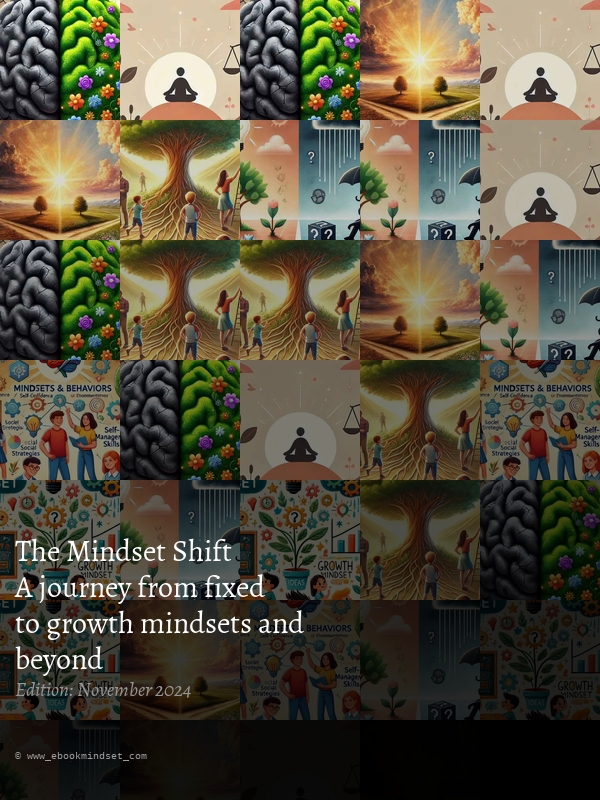Understanding the Outward Mindset Book: A Comprehensive Guide
The concept of mindset significantly impacts our interactions, behaviors, and effectiveness personally and professionally. The book, "The Outward Mindset: Seeing Beyond Ourselves" by the Arbinger Institute, explores how shifting from an inward to an outward mindset can transform lives and organizations. This guide delves into the book's core themes, practical applications, and its potential for profound change.
What is the Outward Mindset?
An outward mindset values others as individuals with equal importance. It involves understanding our impact on others and supporting their success and well-being. This contrasts with an inward mindset, focused primarily on self, often leading to conflict.
Key Characteristics of an Outward Mindset
- Empathy: Fostering deeper connections by understanding others' feelings.
- Collaboration: Prioritizing collective goals over individual ambitions.
- Responsibility: Taking ownership of actions and their impact on others.
- Adaptability: Greater flexibility in problem-solving and conflict resolution.
The Importance of Mindset
Mindset influences how we perceive challenges and interact with others. The Arbinger Institute highlights that a mindset shift is often more effective than simply changing behaviors. An outward mindset fosters positive engagement, leading to improved outcomes.
Overview of "The Outward Mindset" Book
Published in 2019, "The Outward Mindset" builds on the Arbinger Institute's previous works like "Leadership and Self-Deception" and "The Anatomy of Peace." It's a practical guide for individuals and organizations seeking enhanced performance, collaboration, and satisfaction.
Structure of the Book
- True Stories: Real-life examples illustrating the transformative power of an outward mindset.
- Guidance and Tools: Practical strategies for shifting perspectives.
- Research Insights: Supporting the book's claims with current research on mindsets.
Core Themes Explored in "The Outward Mindset"
1. The Inward vs. Outward Mindset
The book contrasts inward (self-centered, prioritizing personal goals) and outward (collaborative, working towards common objectives) mindsets. Inward mindsets often lead to conflict, while outward mindsets foster collaboration.
2. The Impact of Mindset on Relationships
"The Outward Mindset" highlights how mindset influences relationships. An outward perspective improves communication and strengthens bonds, benefiting both personal and professional relationships.
3. Practical Applications for Organizations
The book offers actionable strategies for organizations to cultivate an outward mindset:
- Training Programs: Workshops focusing on empathy and collaboration.
- Feedback Mechanisms: Open communication channels encouraging feedback without judgment.
- Leadership Development: Training leaders to model outward behaviors.
Case Studies Highlighting Transformation
The book includes case studies showcasing successful outward mindset implementation:
- Healthcare: Improved patient care through enhanced teamwork.
- Corporate Settings: Increased employee engagement and productivity through collaboration.
Benefits of Adopting an Outward Mindset
- Enhanced Performance: Increased employee engagement through shared goals.
- Increased Innovation: Diverse perspectives fostering creative problem-solving.
- Greater Satisfaction: Increased personal and job satisfaction through helping others succeed.
Implementing Change: Steps Toward an Outward Mindset
- Self-Reflection: Assess your current mindset and identify inward behaviors.
- Seek Feedback: Ask for feedback on your actions' impact.
- Practice Empathy: Consciously understand others' perspectives.
- Set Collective Goals: Focus on shared team objectives.
Conclusion
"The Outward Mindset" is a powerful guide for enhancing personal relationships and organizational effectiveness. By prioritizing others' needs, individuals can foster deeper connections, drive innovation, and create a more collaborative environment. It's a must-read for personal and professional development.




